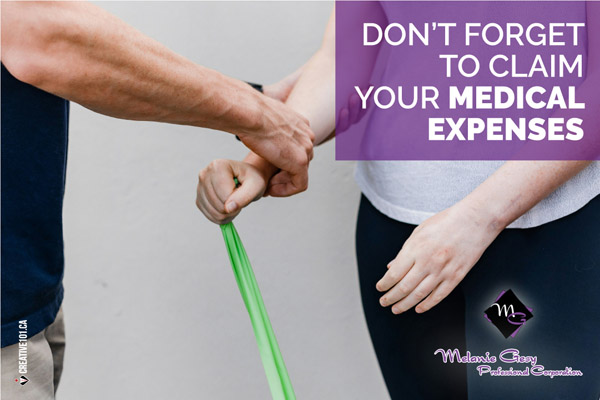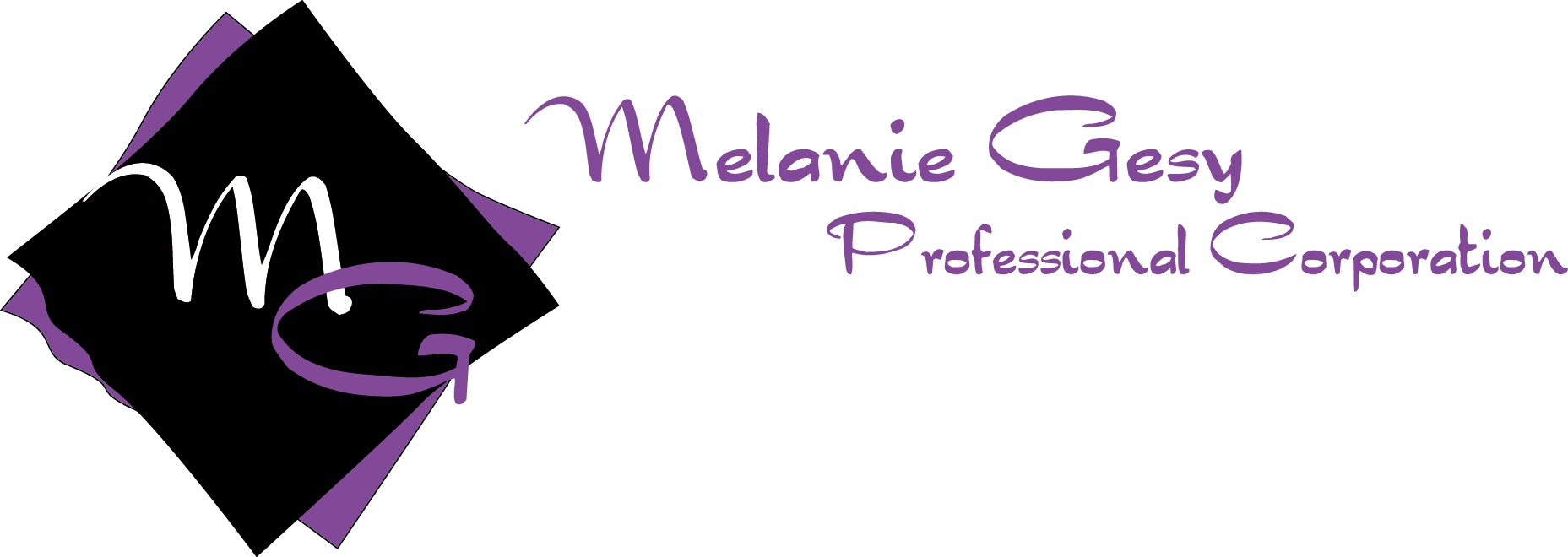MELANIE GESY NEWS

Canadian Tax Tips:
Missed Medical Expenses
It's not uncommon for taxpayers to overlook potential deductions. One such often-missed area is medical expenses.
The Canadian tax system allows taxpayers to claim eligible medical expenses as deductions, offering a potential financial relief for those who incur substantial healthcare costs. However, the criteria for what constitutes a qualifying medical expense can be intricate, leading many taxpayers to inadvertently miss out on legitimate deductions.
Commonly Overlooked Medical Expenses:
- Travel Expenses: Many Canadians are unaware that they can claim travel expenses related to medical treatments. If you travel a significant distance to receive necessary medical care, the costs of transportation, accommodation, and meals may be eligible for deduction.
- Prescription Glasses and Contact Lenses: The cost of prescription eyewear, including glasses and contact lenses, is often overlooked. Canadians can claim these expenses, potentially providing relief for those with vision-related medical needs.
- Alternative Therapies: Expenses related to alternative therapies, such as acupuncture, chiropractic services, and naturopathy, may also qualify for deductions. It's essential to keep detailed records and receipts for these services to support your claim.
- Medical Marijuana: As the acceptance of medical marijuana grows, it's crucial to note that its costs may be eligible for tax deductions if prescribed by a medical professional. However, strict guidelines must be followed to ensure compliance with the tax laws.
- Home Renovations for Medical Reasons: Home modifications for medical reasons, such as installing ramps, handrails, or other accessibility features, may be eligible for tax credits. Ensure you have proper documentation and professional assessments to support these claims.
What you can do:
- Keep Detailed Records: Maintaining organized records of all medical expenses is crucial. This includes receipts, invoices, and any supporting documentation. Having a comprehensive record can make the tax filing process smoother and increase the likelihood of claiming eligible deductions.
- Consult a Tax Professional: Given the complexity of Canadian tax laws, consulting with a tax professional is a wise move. They can provide personalized advice, ensuring you maximize your eligible deductions while staying compliant with the tax regulations.
- Stay Informed: Tax laws are subject to change, and staying informed about updates and amendments is essential. Regularly check official sources and consider subscribing to newsletters or updates from the Canada Revenue Agency (CRA) to stay current.
Keep in mind that if you claim these things through an insurance plan at work, only the portion that you have to pay, is claimable. However, any private insurance premiums you pay, may be eligible medical expenses, too.
There is a minimum amount of medical expenses you must have before you can claim anything. The minimum amount is either 3% of your net income as reported on your tax return, or $2,635 (for 2023), whichever is lower. The medical expense credit is then based on the eligible expenses paid above that minimum threshold.
By understanding the often-overlooked deductions and staying proactive in record-keeping, Canadians can potentially ease the financial burden of medical costs while remaining in compliance with the country's tax laws. Don't let these opportunities slip through the cracks - explore the possibilities and ensure you're making the most of the available tax benefits for medical expenses.
For more info on this or other tax related questions,
give me a call at 780-995-5236.

